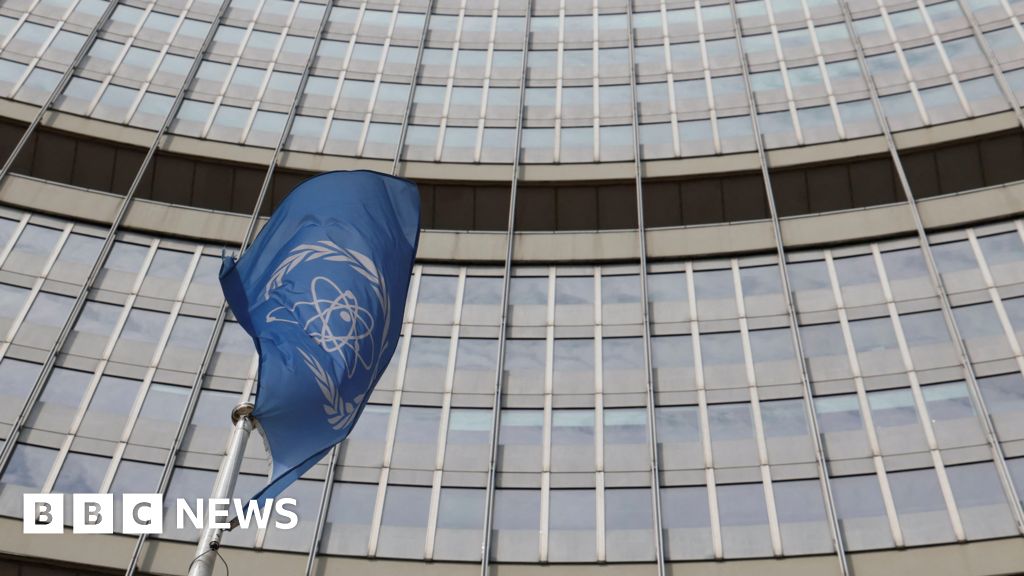
In a significant development at the United Nations (UN), the International Atomic Energy Agency (IAEA) board of governors passed a resolution on June 5, 2024, condemning Iran for not fully cooperating with nuclear inspectors. The decision was hasty and unwise, according to Iranian state media. The resolution came after concerns that Iran is trying to develop a nuclear weapon, an accusation Tehran denies.
The United States joined its European partners in supporting the censure motion despite initial reluctance due to fears of escalating tensions in the Middle East. Twelve nations abstained from the vote and one country did not take part. The resolution aims to raise diplomatic pressure on Iran, which has been expanding its nuclear program significantly.
Iran is currently enriching uranium up to 60% purity, close to weapons-grade levels, while accumulating large uranium stockpiles. The United States intelligence community assesses that Iran could amass enough fissile material for three nuclear weapons within weeks if it decided to do so.
The IAEA has reported that Iran is the only non-nuclear weapon state to enrich uranium to such high levels, making this a serious concern for international security. The resolution passed at the quarterly meeting in Vienna also urged Tehran to answer longstanding questions about uranium traces found at two sites and allow some of the agency's most experienced enrichment inspectors back into the country.
The United States, Britain, France, and Germany issued a joint statement urging Iran to halt its nuclear escalation and refrain from making threats to produce nuclear weapons. They emphasized that much of Iran's nuclear program is unprecedented for a state without a nuclear weapons program.
Iran responded by denouncing the decision as hasty and unwise, stating that it would have detrimental impacts on diplomatic engagement and constructive cooperation between Iran and the opposing parties. In retaliation, Iran announced it had started enriching uranium to 60% purity at its underground Fordow nuclear facility.
The UN Resolution 2231 allows signatories to trigger a 'snapback' of sanctions if Iran is no longer abiding by its nuclear obligations. However, this option expires in October 2025.
This resolution marks the first formal rebuke of Iran at the IAEA since November 2022 and comes amid an impasse over its escalating nuclear activities. Western powers fear that Tehran may be seeking to develop a nuclear weapon, a claim Iran has consistently denied.

